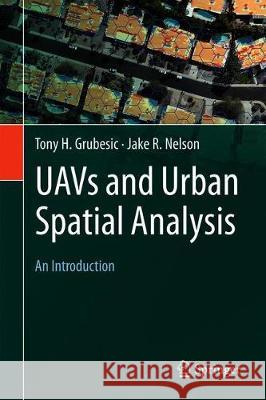Uavs and Urban Spatial Analysis: An Introduction » książka
topmenu
Uavs and Urban Spatial Analysis: An Introduction
ISBN-13: 9783030358648 / Angielski / Twarda / 2020 / 206 str.
Uavs and Urban Spatial Analysis: An Introduction
ISBN-13: 9783030358648 / Angielski / Twarda / 2020 / 206 str.
cena 724,58
(netto: 690,08 VAT: 5%)
Najniższa cena z 30 dni: 693,97
(netto: 690,08 VAT: 5%)
Najniższa cena z 30 dni: 693,97
Termin realizacji zamówienia:
ok. 16-18 dni roboczych.
ok. 16-18 dni roboczych.
Darmowa dostawa!
Kategorie BISAC:
Wydawca:
Springer
Język:
Angielski
ISBN-13:
9783030358648
Rok wydania:
2020
Wydanie:
2020
Ilość stron:
206
Waga:
0.45 kg
Wymiary:
23.88 x 16.51 x 1.27
Oprawa:
Twarda
Wolumenów:
01











